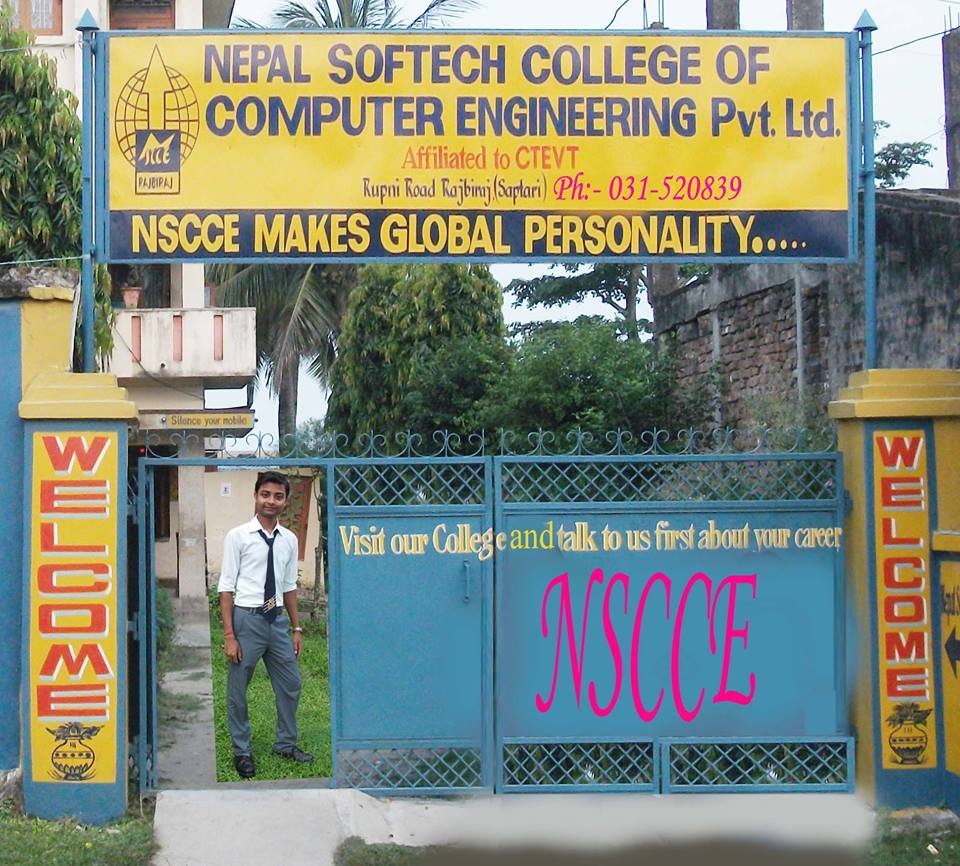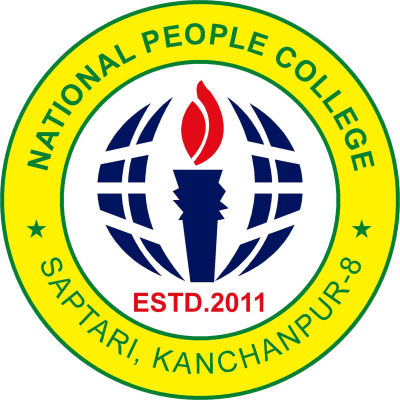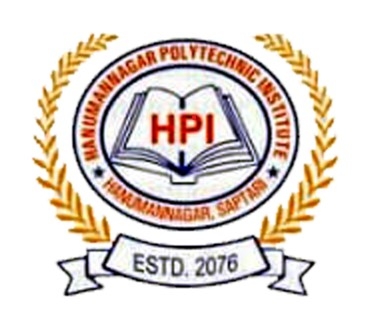Overview
Diploma in Civil Engineering at Rajbiraj Polytechnic Institute
The Diploma in Civil Engineering at Rajbiraj Polytechnic Institute (RPI) is a three-year technical program that prepares students with practical and theoretical knowledge in structural development, construction methods, and engineering design. Introduced in partnership with CTEVT, the course is aligned with national education standards and aims to meet growing communities' infrastructure and construction needs.

Curriculum Details
CTEVT approves the curriculum and includes core subjects such as engineering mathematics, applied mechanics, structural analysis, surveying, hydraulics, building materials, transportation engineering, and construction management.
In addition to classroom instruction, students participate in laboratory sessions, practical fieldwork, and project-based learning that reflect real-world applications in public and private infrastructure.
Objectives
-
To provide foundational knowledge in civil engineering principles
-
To build applied skills in construction planning and supervision
-
To prepare students for field-based responsibilities in engineering projects
-
To contribute to local and regional development through technical education
Scope
Graduates of this program are equipped to support infrastructure projects in sectors like road construction, irrigation systems, residential and commercial buildings, and public utilities. The diploma is also a gateway to further study in engineering or related disciplines.
Learning Outcomes
Upon completion, students will be able to:
-
Interpret construction drawings and site plans
-
Apply surveying techniques and leveling instruments
-
Manage construction materials and evaluate structural quality
-
Estimate costs, prepare technical reports, and coordinate fieldwork
Skill Development Modules
The program includes specialized modules in:
-
AutoCAD and computer-aided design
-
Surveying and topographical mapping
-
Soil testing and material analysis
-
Structural drawing and reinforcement detailing
These modules help students become job-ready with both manual and digital engineering skills.
Teaching Methodology
The course combines classroom lectures, lab practice, group projects, field visits, and internship placements. This blended approach encourages applied learning and professional discipline in civil engineering tasks.
Admission Requirements
-
Minimum qualification: SEE or equivalent
-
Must pass the CTEVT entrance examination
-
Total Seats: 48
-
Scholarship Quota: 4 (as per CTEVT guidelines)
Applicants must submit a SEE mark sheet, a citizenship or birth certificate, two passport-sized photos, and relevant documents for scholarship categories.
Career Opportunities
Graduates can work as:
-
Civil overseers
-
Site supervisors
-
Junior engineers
-
CAD operators
-
Field assistants in government or private construction projects
Scholarships and Financial Aid
Under the CTEVT policy, RPI provides scholarships based on merit and social inclusion quotas. Reserved categories include women, marginalized groups, remote-area residents, and applicants from conflict-affected backgrounds.
Why Choose This Course?
This course provides practical skills, local access to technical education, and hands-on training needed for real-world engineering. It supports career entry and opens doors to further studies in engineering disciplines.
Conclusion
The Diploma in Civil Engineering at RPI offers a clear, practical path for students interested in building Nepal’s future infrastructure. The course balances classroom learning with applied fieldwork and prepares students for meaningful roles in construction, planning, and public works.




















